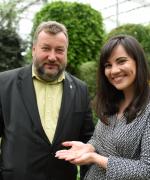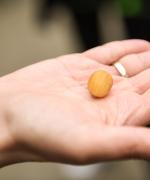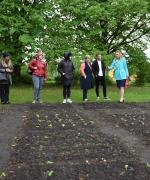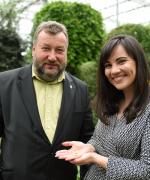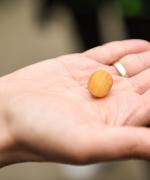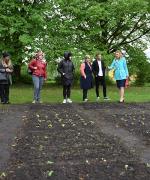
An estimated 6 million tons of spent coffee ground waste is produced annually worldwide. Latvia contribution hypothetically is estimated at 7,000 tons annually. Using spent coffee grounds as an urban soil amendment provides an attractive and sustainable way to take advantage of this urban waste product.
According to Urban Forestry & Urban Greening and Washington State University, coffee grounds are recommended as material to improve soil and provide nutrients to the plants. Previously made researches present that coffee grounds improve soil structure, fertility and provision of nitrogen. Coffee grounds are an excellent free source of nitrogen.
However, the scientific literature in Latvia has not sufficiently assessed the impacts on soil and plant production. Therefore, The National Botanic Garden of Latvia in cooperation with Paulig will study this impact and will publish the first scientific study on coffee grounds in Latvia. The first results on the study are expected on fall 2019.

During the project will be studied:
- How are different plants affected by the coffee grounds.
- How do plants respond on different coffee compost types.
The study will be made:
- With 10 vegetables species and 12 herb species.
- During the project will be created 4 different coffee compost types and control mechanisms.
- In total, will be made 50 tryouts.
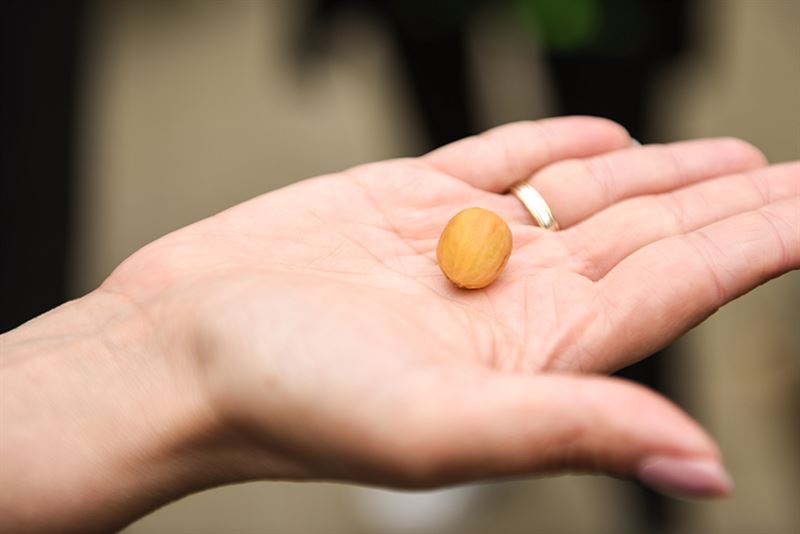
30.7.2019
